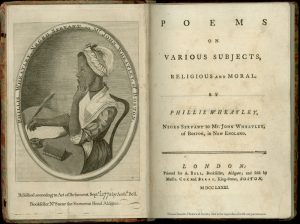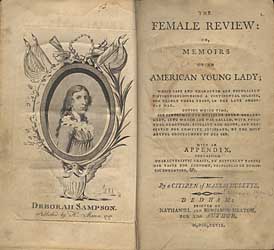by Elyssa Tardif, Director of Education
The MHS was pleased to partner again this year with the Teachers as Scholars program to offer a two-day workshop this fall entitled, “Documenting the Revolution: Boston and the War for Independence.”
Teachers as Scholars (TAS) offers professional development opportunities for teachers that connect them directly with University faculty and other content experts—like the staff at the MHS! TAS offers 70 programs each year hosted by many of our neighboring institutions, including Harvard, Boston University, MIT, Brandeis, Simmons College, Tufts University, the University of Massachusetts (Boston), Berklee School of Music, Boston College, and Wheelock College.
At this year’s workshop, we explored the varied ways that Bostonians experienced the War for Independence, going beyond the typically broad strokes that teachers use to present this important period. Through newspapers, broadsides, and pamphlets, we examined the role of propaganda in recruiting volunteers, encouraging boycotts and rebellion, and forming a new American identity.
Jonathan Lane, Revolution 250 Coordinator, spoke to teachers about the major players in Massachusetts during the period of the Revolution, as well as the growing tensions in the colonies that erupted into protest, and ultimately, war.

Elyssa Tardif, Director of Education, explored accounts written by or about women like Phillis Wheatley, the brilliant writer who published a book of poetry while enslaved by the Wheatley family; Mercy Otis Warren, who wrote a history of the American Revolution; and Deborah Sampson, who disguised herself as a man to join the Continental Army.

Kate Melchior, Assistant Director of Education, spoke about the experiences of Loyalists like the Robie family, as well as critical court cases like that of Quock Walker and Elizabeth Freeman, who successfully sued for freedom from slavery, which led to the abolishment of slavery in Massachusetts.
Teachers also had the opportunity to explore our newest exhibition, Fire! Voices from the Boston Massacre. The MHS Education team looks forward to continuing our partnership with Teachers as Scholars, as well as exploring new partnerships that will connect us with even more educators across the Commonwealth.

